Xi Jinping is a busy man. Xi holds down three jobs. As general secretary of the Chinese Communist Party, he rules 1.4 billion people and disciplines 100 million party members; as chairman of the military commission, he commands and reforms the world’s largest army; and as president, he glad-hands a succession of Beijing-bound heads of states. In his spare time he has also authored ten books.
So you can be sure that when he carves out time for a separate meeting with a hitherto unremarkable American academic, it is not without purpose. Graham Allison, in case you have not heard of him, is an historian with a chair at Harvard. He met with Xi Jinping and Chinese foreign minister Wang Yi as part of a delegation of American business executives earlier this year.
Allison is clearly not a bad man. If you read his outpourings on his recent visit to China, he sincerely wants a world of peace and cooperation. Who doesn’t? But the party has long experience of playing on liberal heart strings. And when a not so humble Harvard professor finds himself shaking the hand of the Chinese president, it is flattery hard to resist.
Allison’s intellectual contribution is based on a sentence in Thucydides’ Histories: “It was the rise of Athens and the fear that this instilled in Sparta that made war inevitable.” He has elevated this into a historical principle, and publicized his fear that it characterized the relationship between the rising power China (Athens) and the established hegemon the United States (Sparta).
But unlike Thucydides, Allison may have failed to “seek truth from facts” — to use the slogan so beloved of Chairman Mao and his successors. His interpretation of the “father of history” (Thucydides merits the title more than Herodotus) is questionable. Some classical scholars believe that the sentence upon which Allison focuses is a later interpolation. It certainly fits ill with the rest of the narrative of Histories. By 454 BC the Athenian empire had already risen: Athens ruled the waves, Sparta the land.
Moreover, a closer reading of Thucydides suggests that comparison is not apt. Sparta (in Allison’s example, the US) was indeed afraid of Athens. But that fear was more of Athens’s “soft power.” As Thucydides made clear, Athens was viewed by others as an ideal city, its culture and democratic governance were admired, while Sparta’s own brutal and uncultured system depended on external hegemony to survive. If anything, it is the US which is Athens, while the CCP is Sparta.
Looking back at recent history it seems that, far from being the established powers, it has been the rising powers which have caused wars. Take the rise of Germany and the two world wars, or the Japanese attack on Pearl Harbour. Allison also ignores the peaceful handover of the baton of global hegemony from Great Britain to the US.
Professor Allison and his Thucydides Trap appear continually in CCP propaganda, for the same reason he gets to meet China’s top leaders: because here is an intelligent American who can be cited to articulate the CCP narrative that the US is trying to contain China’s rise, to strangle its economy and innovation, and to maintain its global hegemony. All this usefully obscures the CCP’s own belligerence towards Taiwan or in the South China Sea, or its support for Russia over Ukraine. Chinese propaganda loves, in its phrase, to “borrow a foreign boat.” Xi knows that a Harvard professor is more likely to be listened to than the People’s Daily.
According to the foreign ministry’s account of the meeting with Wang Yi, “Graham Allison expressed the willingness to… better understand China’s foreign policy, in particular the vision of a community with a shared future for mankind.” He should definitely do that. Allison might then realize why it is dangerous to stray too far from his ivory tower.
Allison’s cute new coinage has blinded many to its negligible value as intellectual tender. A fine self-publicist and neologist he may be; classicist, sinologist and geopoliticist he is not.
This article was originally published on The Spectator’s UK website.



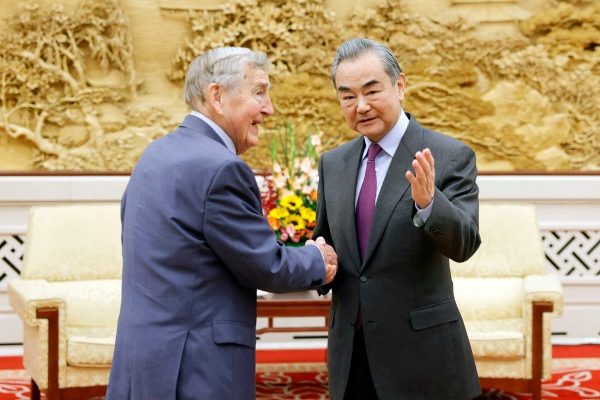






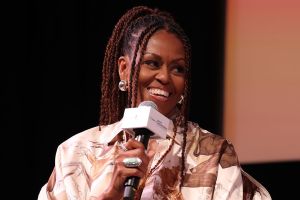

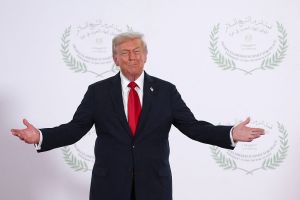
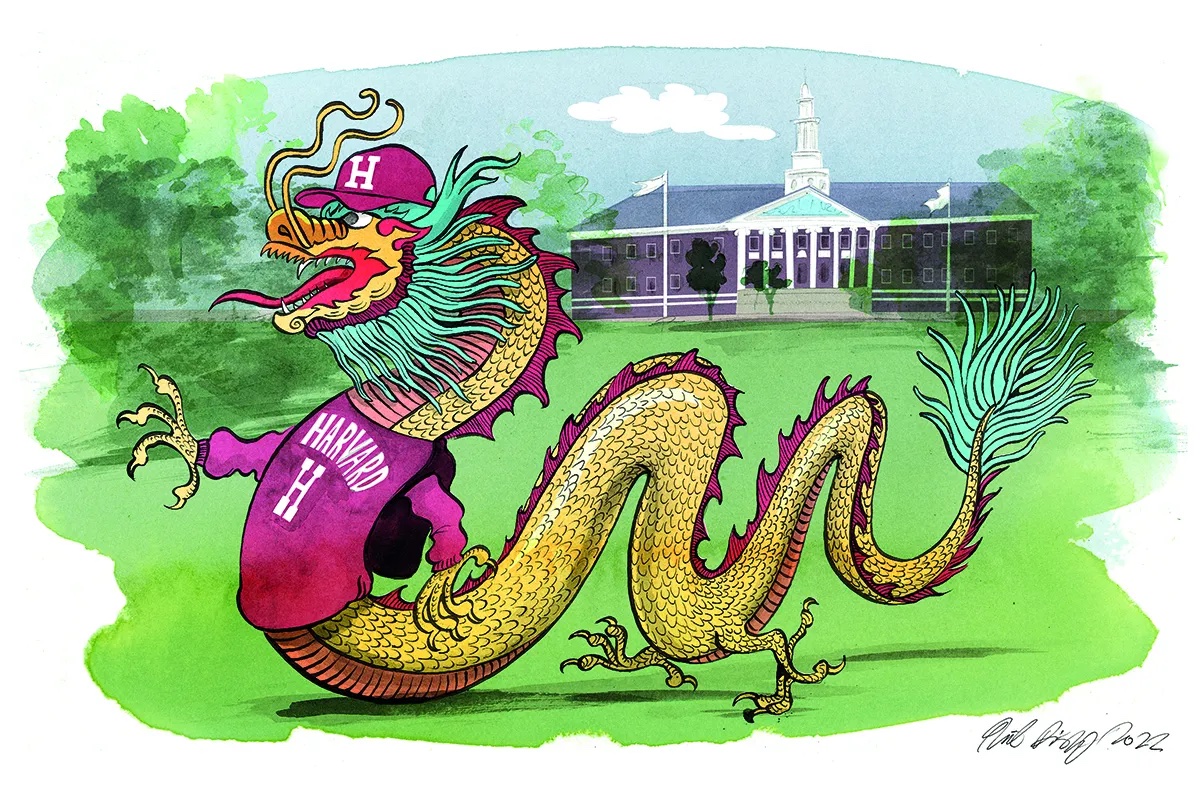
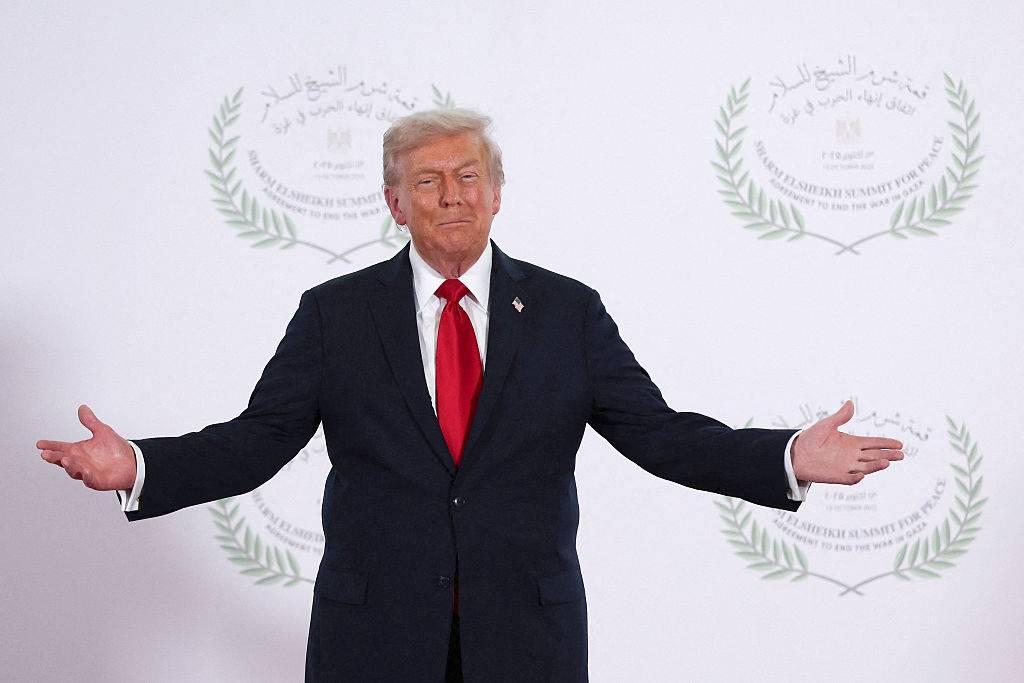
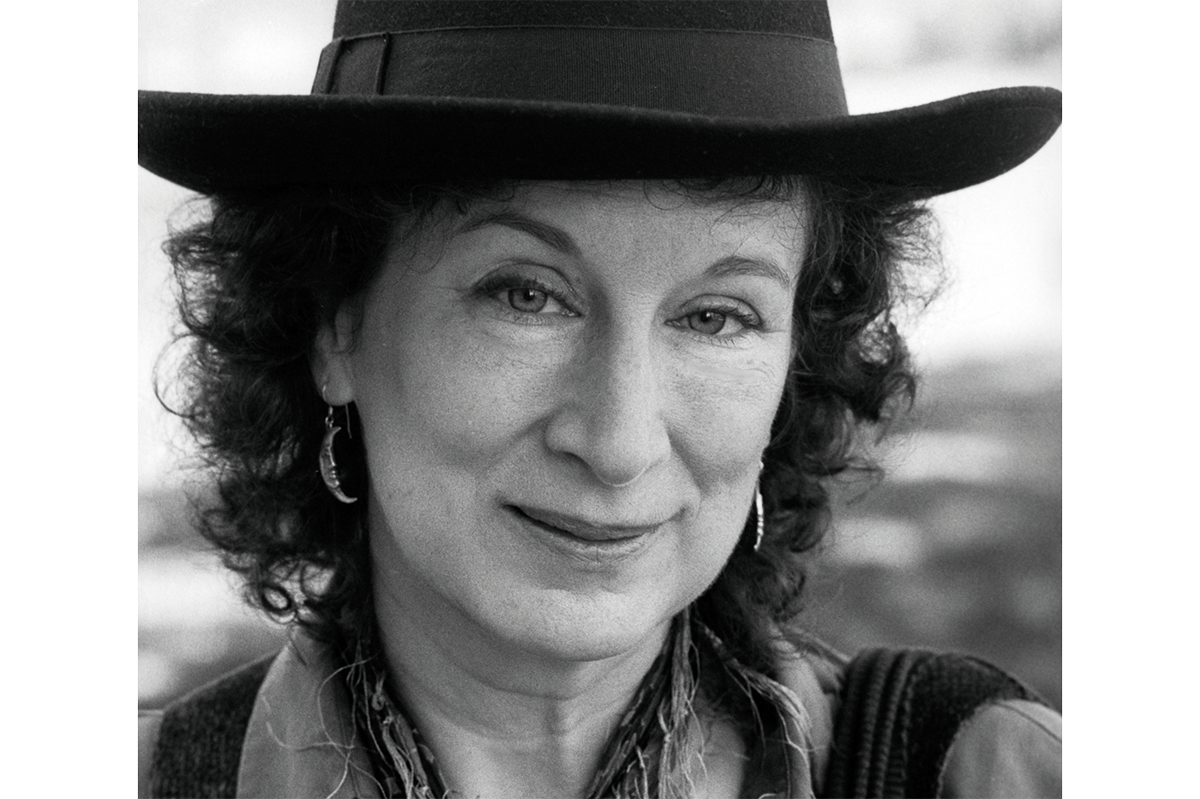

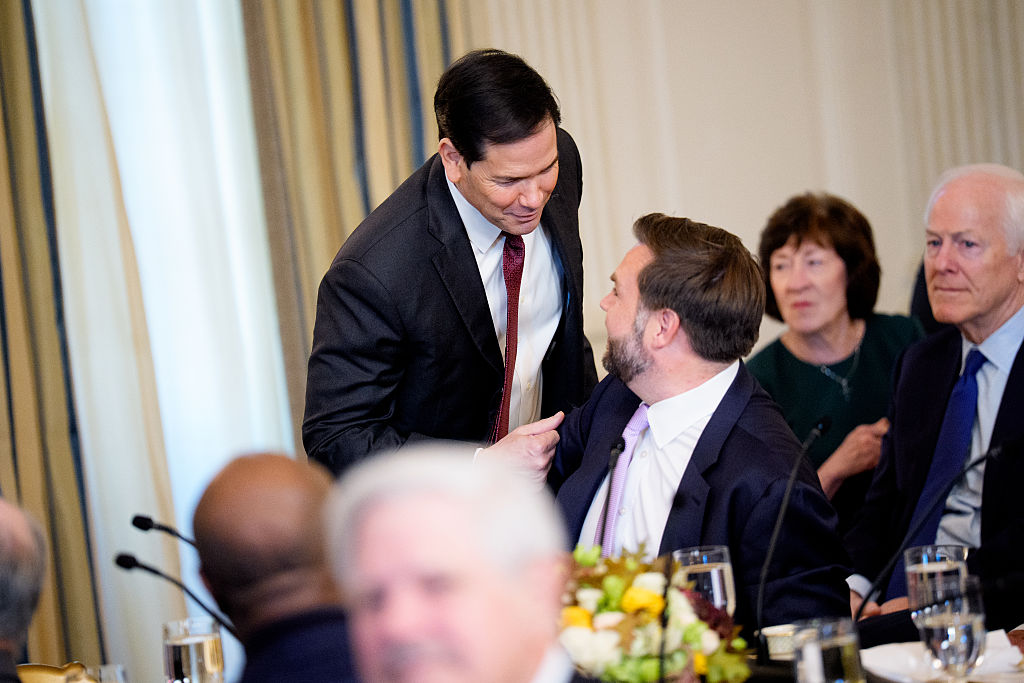








Leave a Reply